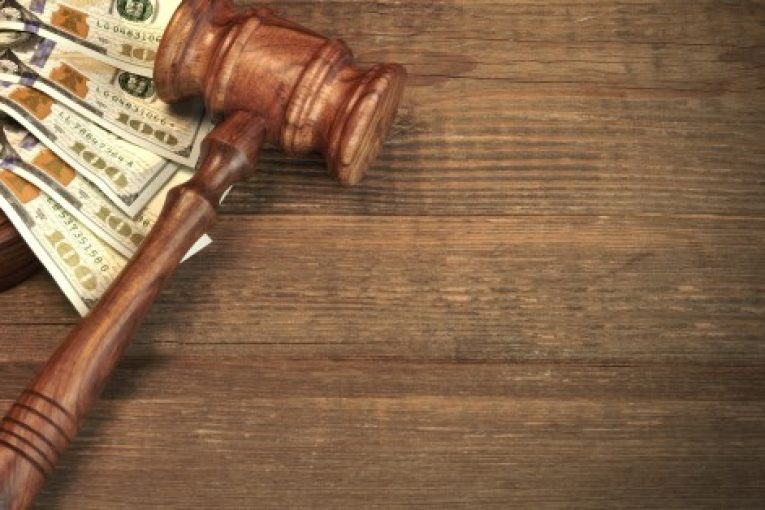

By Neha Malhi and Helen Greenia
WASHINGTON DC – In what he claims to be an effort to improve the U.S. criminal justice system, U.S. House Committee Chairman Jerrold Nadler (D-NY) has reintroduced the State Justice Improvement Act.
This reintroduction is expected, said Nadler, to bring lasting changes in our Criminal Justice System, mainly working better on the behalf of low-income communities and communities of color.
Chairman Nadler said, “All Americans, regardless of their socioeconomic status, deserve equal access to our nation’s criminal justice system,” adding that courts throughout the country impose fines and fees without even considering if the individual has the ability to pay those fines and fees. These excessive fines are negatively impacting communities of low income and color, Nadler said.
Co-author in the Upper Chamber, Senator Brian Schatz (D-HI), said, “Our bill will help to end the cycle of poverty and incarceration, creating a justice system that treats people fairly and keep our communities safe.” At present, $26.7 billion in court-related debt is pending, according to the state data.
Schatz said excessive fines and fees not only financially burden low-income and color communities but also brings more serious challenges for them such as more  fees, license suspension, extended probation, and incarceration, said the bill’s authors.
fees, license suspension, extended probation, and incarceration, said the bill’s authors.
The lawmakers note a survey that shows excessive fees and fines are also costly and ineffective for cities; in order to collect a dollar in fines and fees, some countries in Texas and New Mexico spend on average of 41 cents.
According to the survey, conducted in various counties of Alabama, on average nearly 40 percent of individuals admitted to having committed a crime to pay off their court debt.
The State Justice Improvement Act was endorsed by the following: American Bar Association, Brennan Center for Justice, Business Roundtable, Dream Corps JUSTICE, Fines and Fees Justice Center, National Association of Criminal Defense Lawyers, National Consumer Law Center, National Legal Aid, and Defender Association, Operation Restoration – Safety and Freedom Fund, R Street Institute, and The Law Enforcement Action Partnership.
The bill encourages fair treatment of individuals and public safety, where there will be higher enforcement of constitutional and equitable policies. There will be more federal funding, which will be used to provide assistance and training to courts to better assist individuals who cannot pay fines and fees.
The State Justice Institute requires a study on the effectiveness of these grants and funding and followed up with the next appropriate step.
Chief Justice of the Supreme Court of Hawaii, Mark E. Recktenwald said “Now more than ever, courts must scrutinize those practices that disproportionately impact low-income communities and people of color, including the imposition of fines and fees.”
The bill ultimately supports states to help change the system and promotes justice.
Commissioner at the U.S. Commission on Civil Rights, Debo P. Adegbile agrees with the enactment of the bill, noting “We are encouraged by the proposed amendment to the State Justice Improvement Act to improve the constitutional and equitable enforcement of fines and fees, as well as improve the practices and ensuring their equitable use.”
Commissioner Adegbile explained that the Commission’s Targeted Fines and Fees against Communities of Color reported that “municipal ordinance violations impacted both people who are low income and people of color. The amendment is aware of this inequality and solely works to address these issues.”
Adegbile added, “It gives us hope that we are on a path to narrow the inequitable impact that municipal fines and fees have on poor communities, and communities of color. And by communities, we mean the people who live in them.”

